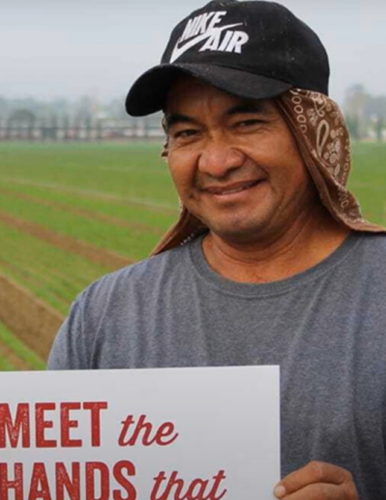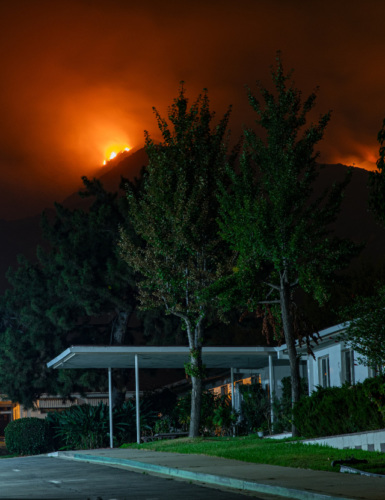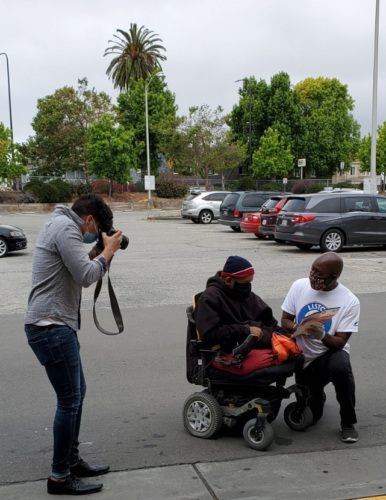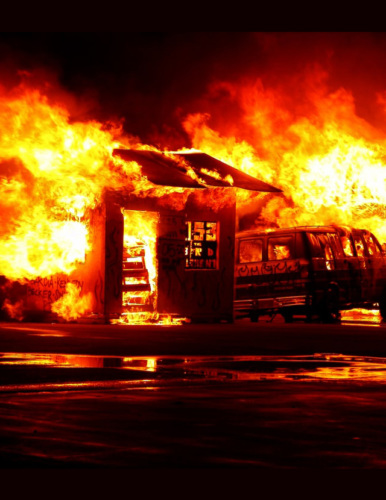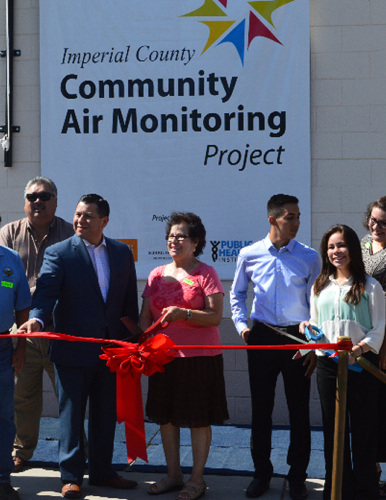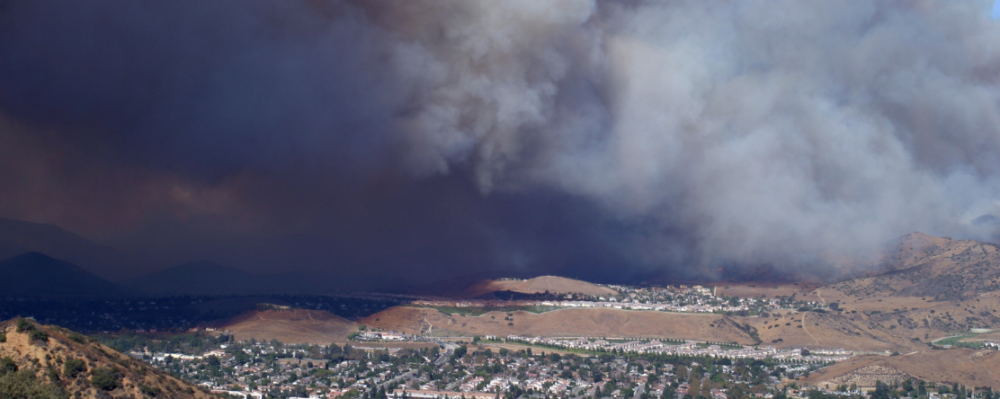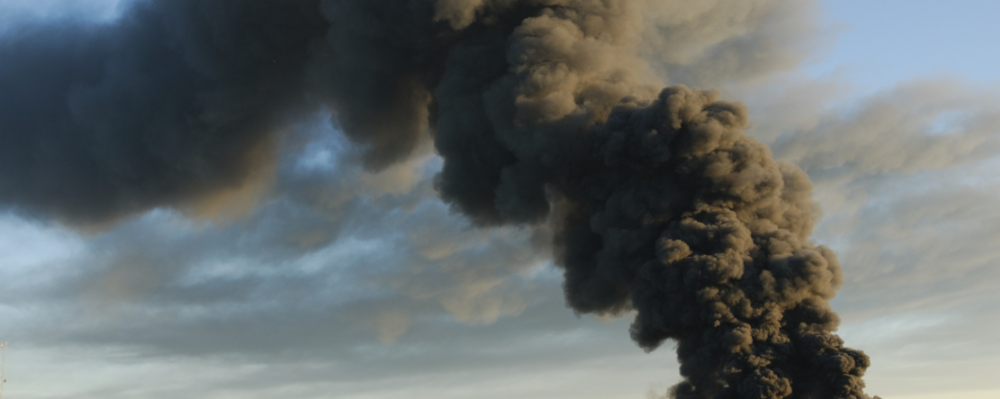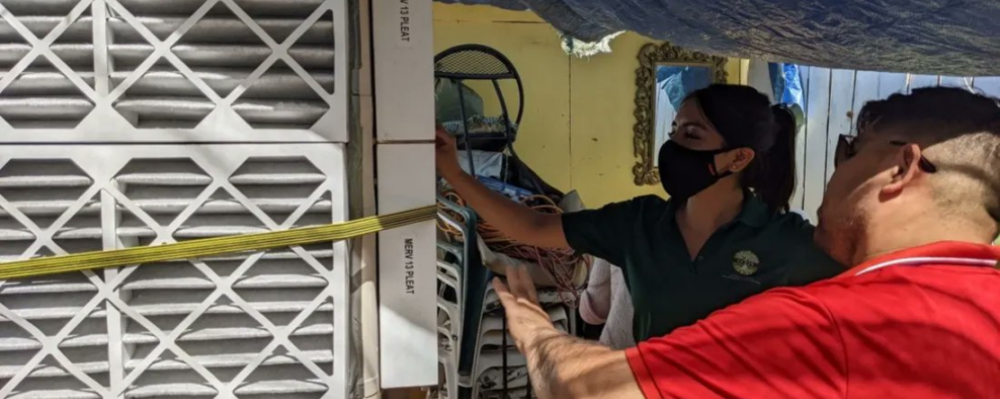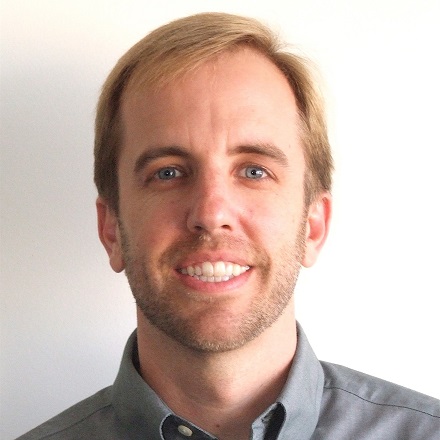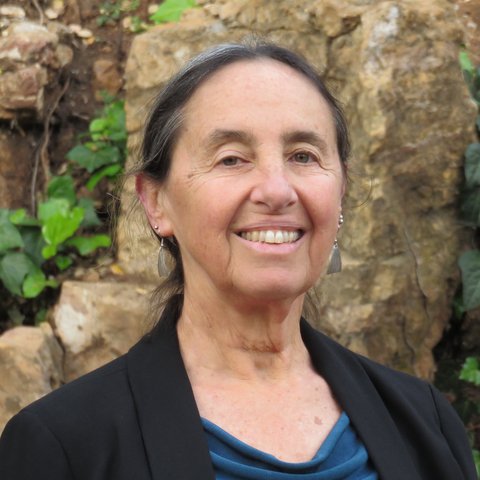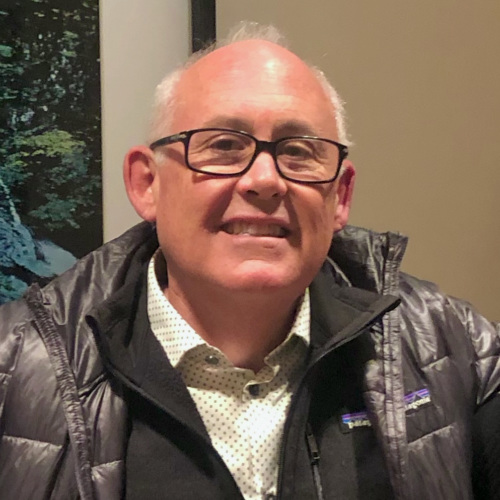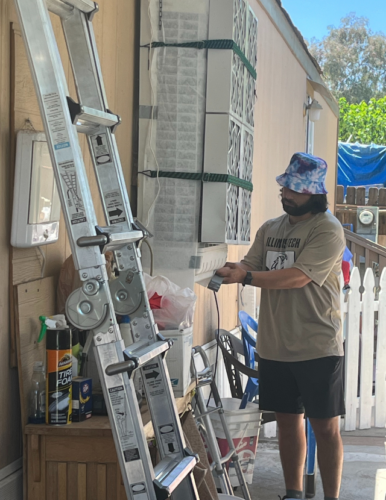
Wildfires & Extreme Heat
Climate change is increasing the occurrences and risks of wildfires and extreme heat, both of which pose significant and serious risks to environmental and community health—from unhealthy air pollutants, water contamination and more. People with disabilities, pregnant people and youth, farmworkers, low-income populations and other communities are especially vulnerable to these health threats.
PHI and our programs advance research to better understand and communicate the health impacts of wildfires, smoke and extreme heat, while also working alongside communities to design and implement solutions to protect health and build community power.
Our expertise can make your work stronger
See how PHI can work with you to support or lead your work on this issue.
Our Impact
See all Wildfires & Extreme Heat Impacts
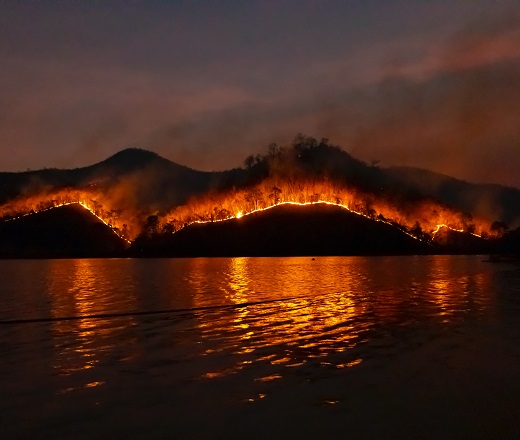
- 339K disabled & socially vulnerable Californians engaged in emergency preparedness, including planning for wildfires & extreme heat
- 14 videos in Spanish, Mixteco, Zapotec & Purépecha that share the first-hand experiences of farmworkers dealing with wildfires & heat
- 100+ chemicals tested for, in Paradise, CA's tap water following the 2018 wildfire

Programs
Active Programs
Archived Programs
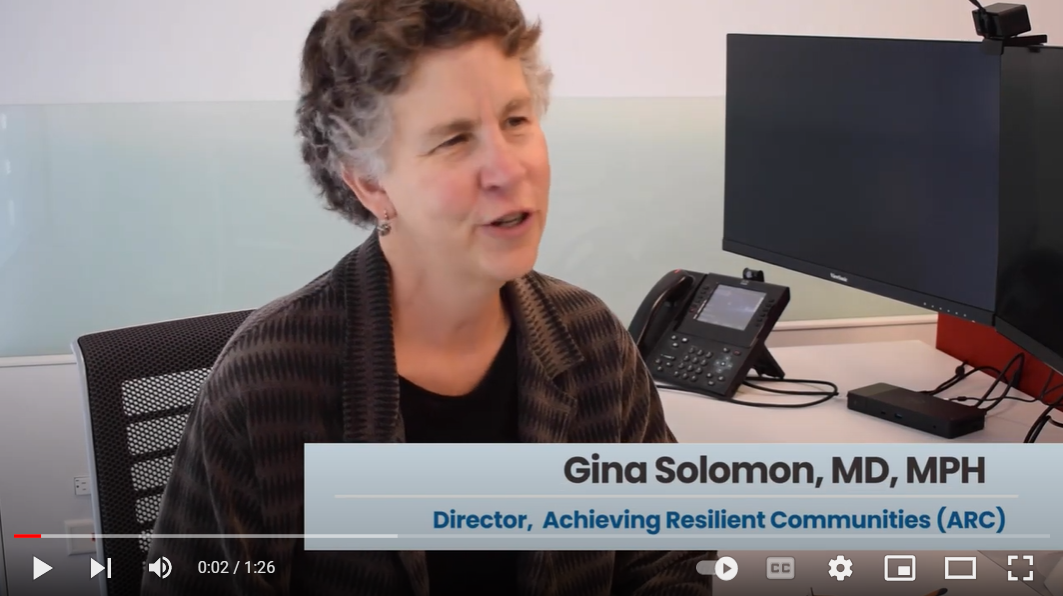
Farmworker communities are hit especially hard by climate change. “We rely on farmworkers for our food, and what we need to do is make sure that they’re protected from heat and wildfire smoke—that they’re informed about what to do, and that they’re actually paid for the days when it’s not safe for them to work,” says PHI’s Dr. Gina Solomon. Learn more about Achieving Resilient Communities (ARC) and their work to address climate change and the impacts on farmworker communities.
PHI Experts Working on this Issue:
Work With Us
You change the world. We do the rest. Explore fiscal sponsorship at PHI.
Support Us
Together, we can accelerate our response to public health’s most critical issues.
Find Employment
Begin your career at the Public Health Institute.
